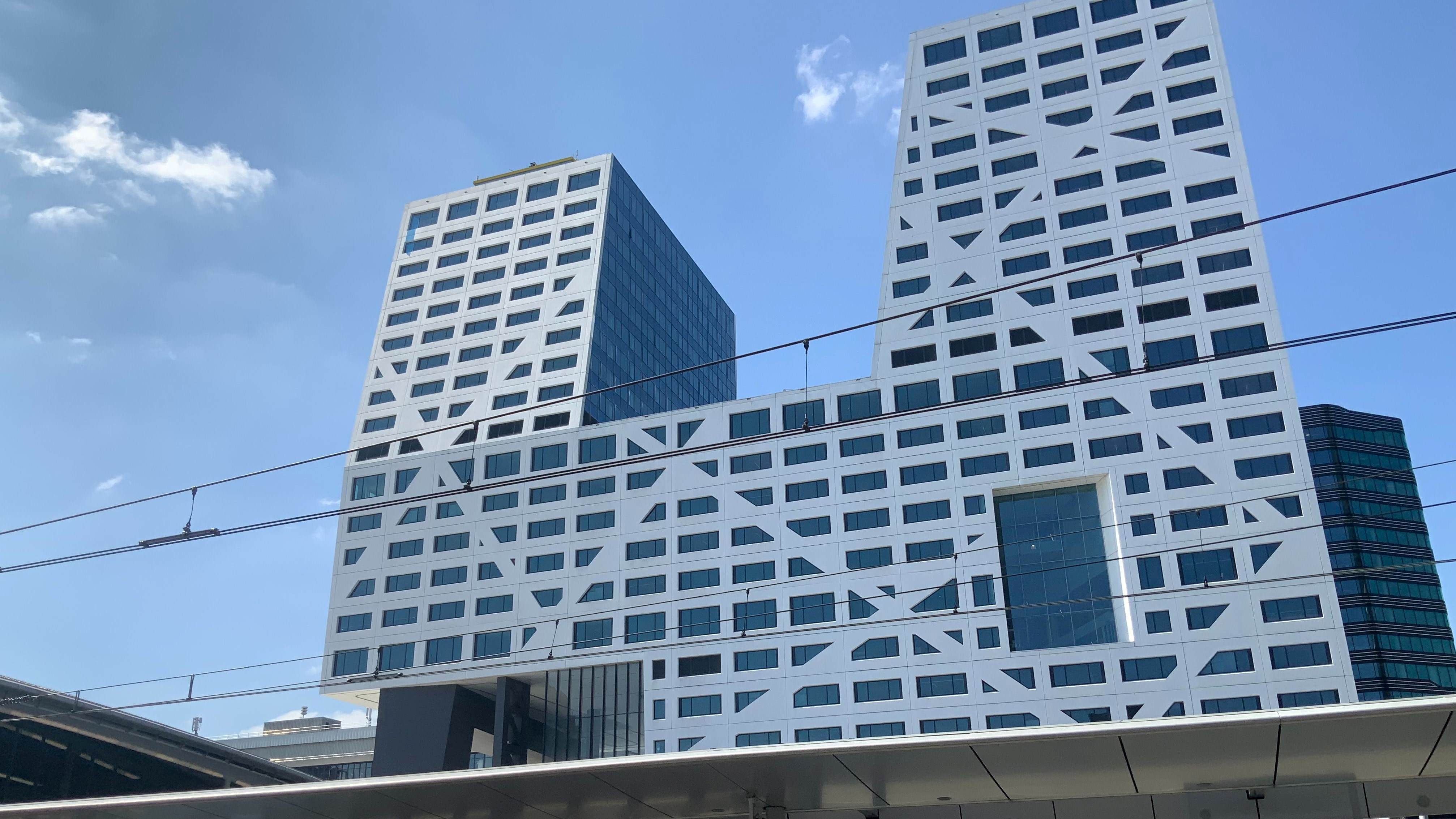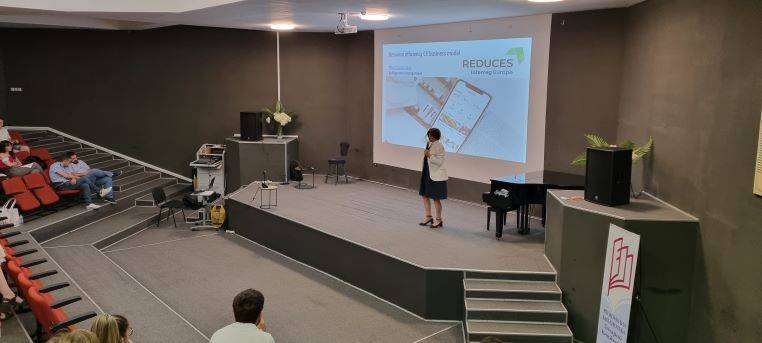On 28th January 2020, a working session was held between the main companies and entities committed to the Circular Economy of Valencia Region. This session is part of the activities planned within the REDUCES project, in which the Valencia Institute of Building (IVE), the Polytechnic University of Valencia (UPV), and the Vicepresidency and Regional Ministry of Housing and Bioclimatic Architecture, as responsible for the policy instrument of application in Valencia Region, are participating.
The European project, which involves partners from six European regions, South West Finland, Comunitat Valenciana, Greater Manchester, Western Netherlands, Maramures County, and Bulgaria, is part of the Interreg Europe programme, whose main objective is to promote cooperation and learning between different regions and countries of the European Union to then implement specific policies in each region. The General Director of Ecological Innovation in Construction, Nuria Matarredona, participated in the working session and highlighted the participation of the Regional Government in this European project that "promotes cooperation between public authorities and involves continuous learning through experience".
"REDUCES project constitutes a network of cooperation between regions with a strong commitment to supporting companies that are aware of the climate emergency and that therefore work towards a circular economy model", explained Matarredona, who pointed out that this is a growing sector in the Region that "is already developing very interesting projects".
This aims to be the first of several working sessions whose objective is to try to involve all the agents related to the circular economy in the construction sector of Valencian Region, in the design of an action plan to favour and promote business models based on circular economy principles through the revision and adaptation of the current legislation.
During the working session, the main activities and results expected within the framework of the project were presented. Likewise, the actions that are already being developed in relation to the adaptation of circular economy criteria in the legislation by the Generalitat were presented and the main companies that lead the transformation of the construction sector towards a circular model in the Community were identified.
The objectives of this project are clearly in line with the objectives of Plan Habitat 20-30 of the Vice-presidency and Regional Ministry of Housing and Bioclimatic Architecture, which proposes a Green and Circular Transition Pact in the Habitat by means of which the consumption of energy, water and raw materials is reduced, waste is eliminated and reuse is favoured.











